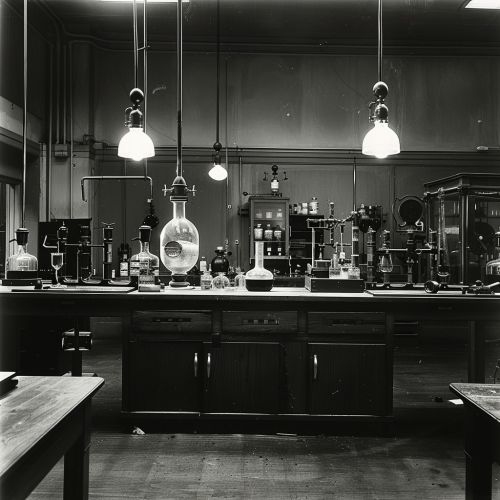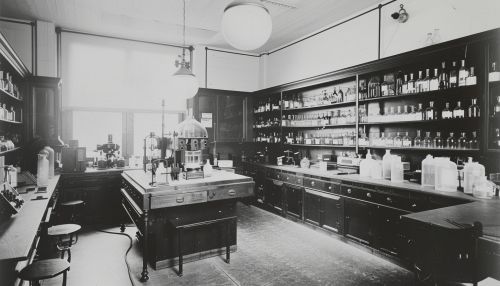Roger Sperry
Early Life and Education
Roger Wolcott Sperry was born on August 20, 1913, in Hartford, Connecticut. He was the youngest of four children. His father, Francis Bushnell Sperry, was a banker, and his mother, Florence Kraemer Sperry, was a homemaker. Sperry showed an early interest in science, conducting experiments in his own makeshift laboratory in the family's basement.
Sperry attended Hall High School in West Hartford, Connecticut, where he was a star athlete in several sports. He went on to study English Literature at Oberlin College, but his interest in science led him to switch his major to pre-med. He graduated with a Bachelor of Arts degree in 1935.


After Oberlin, Sperry moved on to the University of Chicago, where he studied under the renowned neurophysiologist Charles Judson Herrick. He completed his Master's degree in 1937 and his Ph.D. in Zoology in 1941. His doctoral thesis, "Functional results of crossing nerves to antagonistic limb muscles in the monkey," marked the beginning of his lifelong interest in the brain and nervous system.
Career and Research
After receiving his Ph.D., Sperry took a position as a postdoctoral fellow at Harvard University, working in the laboratory of Karl Lashley. Here, he began his pioneering work on "split-brain" research, studying animals whose corpus callosum—the bundle of nerve fibers connecting the two hemispheres of the brain—had been severed.
In 1946, Sperry moved to the California Institute of Technology (Caltech), where he continued his research on the brain. He became the Hixon Professor of Psychobiology in 1954, a position he held until his retirement in 1984.
Sperry's research at Caltech focused on the functional differences between the left and right hemispheres of the brain. He conducted a series of experiments on cats, monkeys, and humans, demonstrating that the two hemispheres have different functions and can operate independently of each other when the corpus callosum is severed. This work led to the concept of "lateralization of brain function," and has had a profound impact on our understanding of the brain.
Achievements and Awards
Throughout his career, Sperry received numerous awards and honors for his contributions to neuroscience. In 1972, he was awarded the Louisiana State University's Albert Lasker Basic Medical Research Award. In 1979, he received the Wolf Prize in Medicine for his split-brain research.
Sperry's most prestigious honor came in 1981 when he was awarded the Nobel Prize in Physiology or Medicine. He shared the prize with David H. Hubel and Torsten N. Wiesel, who were recognized for their work on the visual system. Sperry's half of the prize was awarded "for his discoveries concerning the functional specialization of the cerebral hemispheres."
Personal Life and Legacy
Sperry was married to Norma Gay Deupree in 1949. They had one son, Glenn Michael, and a daughter, Janeth Hope. Sperry was known for his love of nature and outdoor activities, including sailing and hiking.
Sperry died on April 17, 1994, at the age of 80. His work has had a lasting impact on the field of neuroscience, influencing our understanding of the brain and its functions. Today, his split-brain research continues to be a significant area of study in neuroscience.
